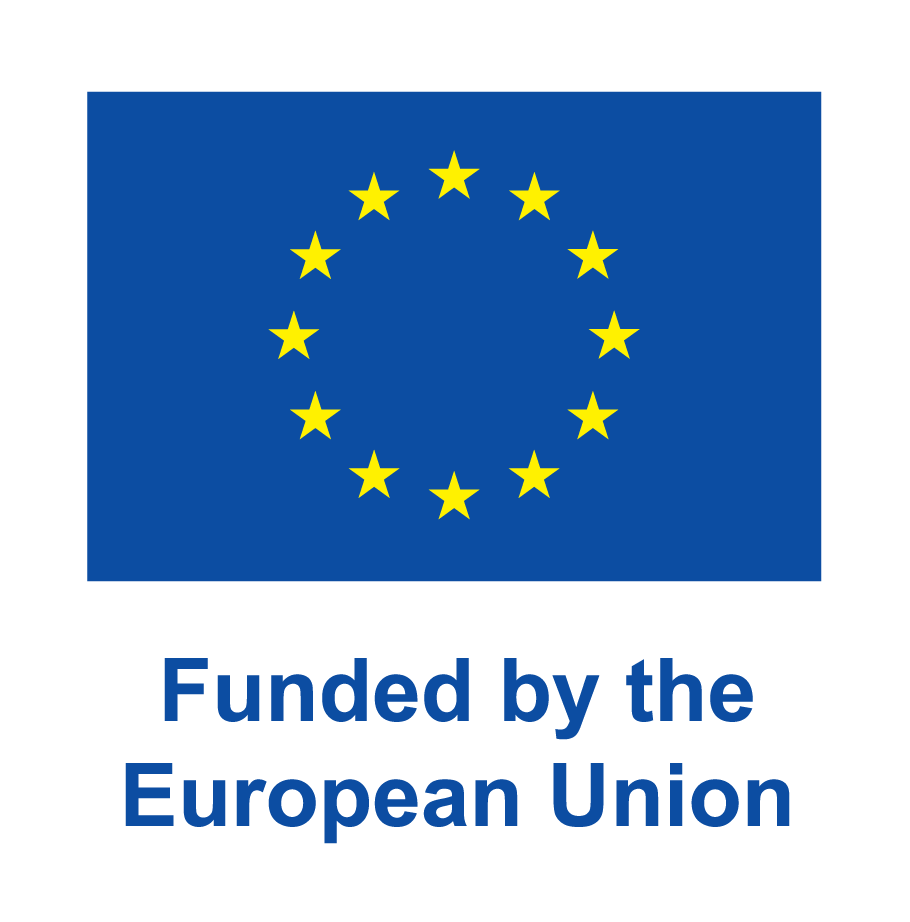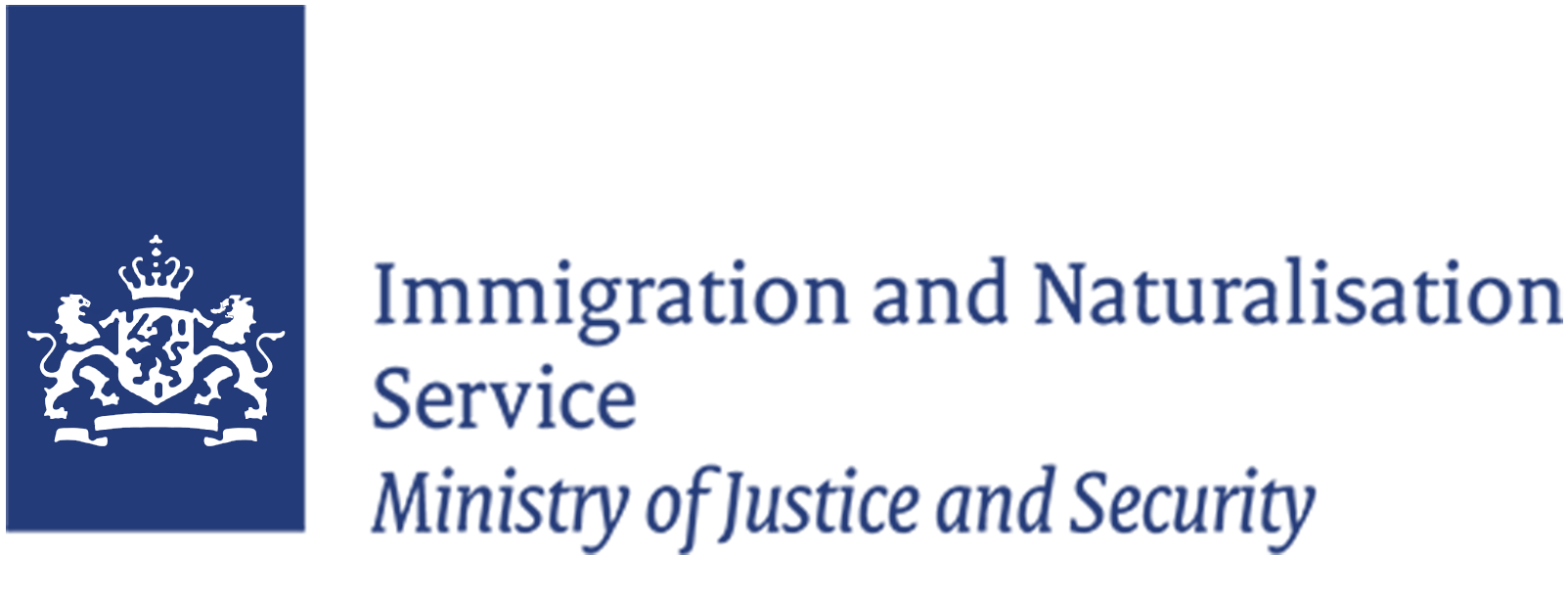Most European countries have a coherent policy for return and support for reintegration in countries of origin. This involves, for example, cooperation, coordination and division of responsibilities between all organisations involved. Challenges for implementation may lie in the areas of mutual coordination, communication, and finding sufficient personnel.
> Read the full EMN study (comparison between 27 European countries*)
Coherence in return policy
The countries with a coherent return and reintegration policy (AT, BG, CY, CZ, DE, EE, EL, ES, FI, FR, IE, IT, LT, LV, MT, NL, PL, PT, SE, SK; UA, RS) differ in their approach:
- In seven countries (ES, FR, IT, NL, PL, UA; RS), national legislation provides for a coherent return approach. This mainly concerns institutional cooperation and the coordination and distribution of powers between different national return and reintegration services.
- In six countries (AT, EE, IT, LT, PL, SE), a coherent approach to return and reintegration is included in national strategies.
- In eight countries (AT, CY, DE, LV, MT, PT; UA, RS), Standard Operating Procedures (SoPs) have been established to ensure coherence.
- Other possibilities include special projects dedicated to coherence (IE, IT) or the designation of implementation in practice, for example through guidelines or conventions (CZ, FI, IE, IT, SE).
European programme for return assistance
Since the introduction of Frontex's Joint Reintegration Services (JRS) in April 2022, EU Member States have also been able to offer return and reintegration assistance to illegally staying persons in many countries of origin. This applies to both voluntary and forced departures. More than half of the countries had not yet aligned their national approach with the JRS during the research period from 1 January 2022 to 26 July 2023 (BE, ES, FI, FR, HU, LT, LU, LV, MT, NL, SE, SK; UA, RS). Together with four other countries (EE, LT, MT, PT), the Netherlands indicated that it had only recently joined the JRS and was currently working on implementing the programme.
Challenges
Countries still face a number of challenges in implementing a coherent approach to return and reintegration support:
- Problems in communication and coordination between different stakeholders (AT, BE, CZ, DE, FI, FR, IT, MT, NL, SE, SK; RS). In the Netherlands, this mainly concerns different perspectives between, for example, national and municipal government institutions. According to a report by the National Foreign Nationals Facility (LVV), friction can arise when ideas about what constitutes effective and desirable policy differ.
- Shortage of (trained) personnel (CY, CZ, FR, MT, NL, SK; RS).
- Lack of uniformity at EU level (BE, FR).
- Insufficient monitoring data (ES, FI).
*Participating countries: Austria (AT), Belgium (BE), Bulgaria (BG), Cyprus (CY), Czech Republic (CZ), Germany (DE), Estonia (EE), Greece (EL), Spain (ES), Finland (FI), France (FR), Croatia (HR), Hungary (HR), Ireland (IE), Italy (IT), Lithuania (LT), Luxembourg (LU), Latvia (LV), Malta (MT), Netherlands (NL), Poland (PL), Portugal (PT), Sweden (SE), Slovenia (SI), Slovakia (SK); Ukraine (UA), Serbia (RS)


